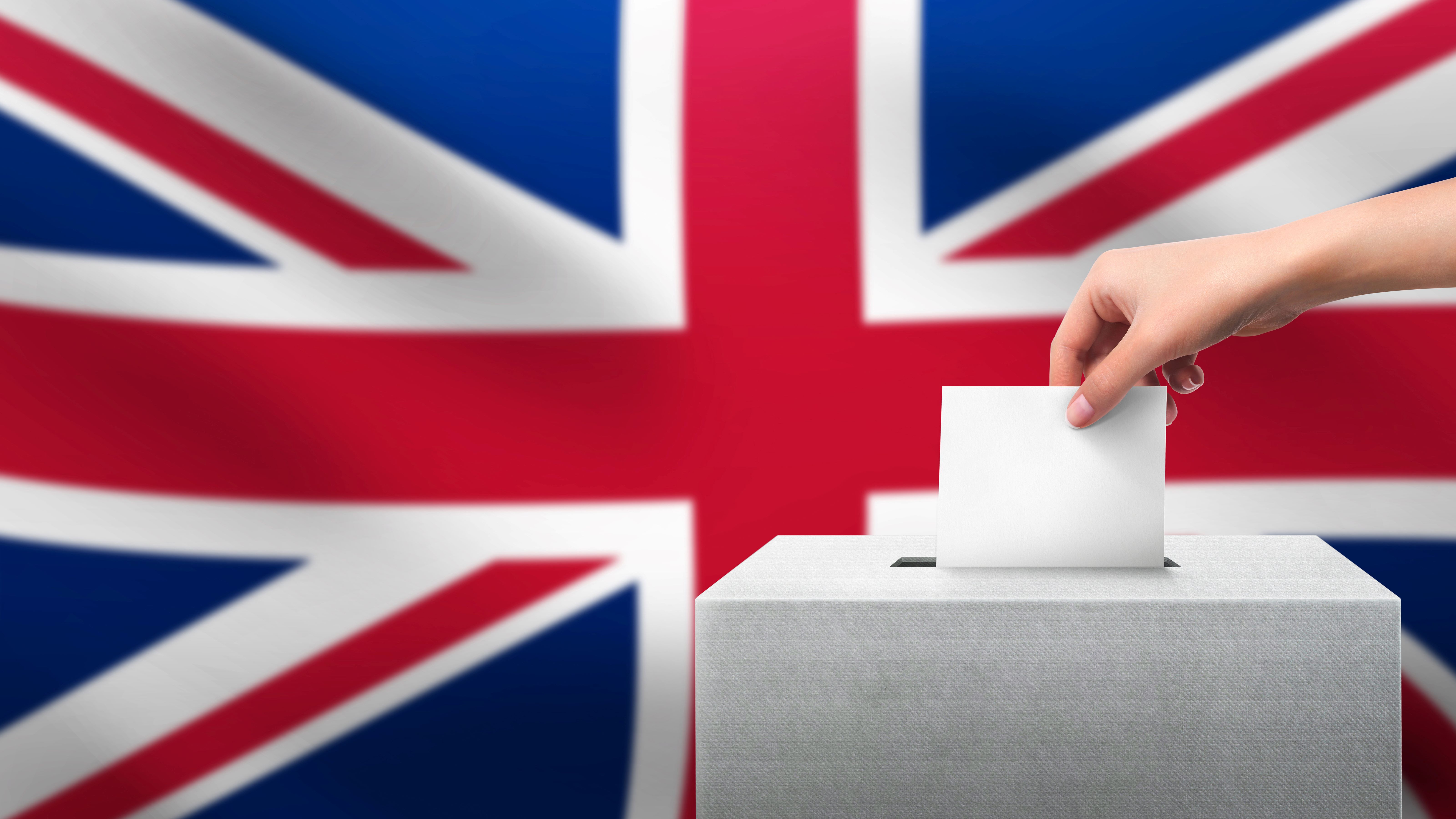
Ahead of 2 May, when the UK holds its annual set of local elections, candidates from all parties – particularly those running for regional mayor – are increasingly referencing support for SMEs and wider international trade policies in their campaigns, while the authorities they are seeking to control have laid out their own vision of international trade in their area.
In the first article on the local elections, the IOE&IT Daily Update looked at how devolution has handed give local leaders more power over the past few years.
In the second of our three-part series, we look at what the plans of the local authorities are and what some of the candidates for political office are promising in their manifesto.
Greater Manchester
The Greater Manchester Export Plan (2022-2025) is a prime example of the importance of trade plans to a city region.
The report sets out a series of recommendations on how to boost Greater Manchester’s exports, taking into account how the wider North West region fits into the plan. These include ideas such as the scope for a Greater Manchester Digital Portal to bring all relevant resources under one portal and signposting appropriate landing pages on partner websites.
One particularly interesting aspect is that the Greater Manchester plan was subsequently promoted amongst businesses across all 10 boroughs of the Greater Manchester Combined Authority, ensuring strong filtration from a regional to a local level.
Other regional areas have a different way of including export ambitions in their plans. For example, some have ‘economic growth plans’ or devolution deals, which include dedicated trade strategies within this.
Cambridgeshire and Peterborough
The Cambridgeshire and Peterborough Combined Authority’s Current Business Strategy (2022-2023) highlights the delivery of ‘Growth Works’, a business growth service which includes import and export advice.
There is also an ‘Inward Investment Service’ promised that promises to connect the region with global markets, as well as encouraging inwards investment from firms based outside the region.
Two of the indicators for how successful the plan is are the people employed in knowledge and green tech industries, possibly indicating how the combined authority wants to shift to a new economic model.
West Midlands
Significantly, financial support for exporters is also signposted in Local Growth Fund Projects.
The West Midlands Plan for Growth sets out ambitions to embed trade and investment services into local business support provision and particularly to ‘secure funding to boost exporters into key markets in priority clusters’.
This intertwines well with the rest of the plan for growth, as this sets out – more broadly – the priority sectors within the region which will impact on cities, towns and villages throughout those regions.
These clusters include aerospace, professional services and low carbon utilities, which the West Midlands authority believes that with six “cross-cutting interventions”, could contribute at least 40,300 jobs and £2.9bn of gross value added to the local economy.
These regional trade plans, as we have seen, range from reflections on regional export performance to future top-level strategies and practical business support signposting. Therefore, these plans are really important for local businesses to be engaged with.
Individual manifestos
As we look at these regional plans, it is worth considering what the individual candidates for public office are saying they will do if they win.
Sometimes, these are quite hard to find.
For example, the term ‘exporting’ is not directly referenced in the manifesto of either incumbent London mayor Sadiq Khan or his major challenger Susan Hall.
Manifestos of other candidates have been more explicit in relation to export and international trade more broadly.
The manifesto of the current mayor of the West Midlands, Andy Street, notes that:
“Whether it is trade rules and tariffs to export goods…I will always make the case for our local industries with the Government.”
Street, who is seeking re-election, sets out a plan for 2024-2028, that also includes a commitment to review the ways for the West Midlands to increase its export performance, including “identifying practical ways to help smaller businesses grow by exporting to new markets, building on the West Midlands International Strategy”.
His chief rival, Labour’s Richard Parker, doesn’t mention exports specifically but talks about transforming the local economy by relying on its manufacturing base and building a gigafactory.
Similarly, mayor of Liverpool Steve Rotheram – who is also standing again – has a page of his manifesto dedicated to boosting jobs and international trade. This includes commitments to continue strategic mayoral trade and investment delegations worldwide as part of Liverpool City Region’s wider international strategy.
The aim of the commitment would be to boost trade in relation to the city’s strengths in digital and green technology and identifies key target countries and regions for Liverpool to engage with, such as the USA, Germany and East Asia. This is particularly vital as the city region would then want to develop these region-specific trade relationships with other countries in an independent manner.
Rotheram’s Conservative rival focuses more on apprenticeships and transport infrastructure, without making a direct reference to exports.
Less obvious mentions
Whilst some of these manifestos don’t have explicit trade and export plans in them, they sometimes have supportive measures which affect both large and small exporters.
For example, Liberal Democrat mayoral candidate for York and North Yorkshire, Felicity Cunliffe-Lister, has spoken about providing ‘better market access” for boosting Yorkshire produce and addressing issues with restrictions within the procurement chain.
Similarly, she notes that there is a thriving film industry hub in her region and highlights the importance of establishing a growth hub to capitalize on these strengths.
Engagement
It is worthwhile for businesses to look at plans being put forward in their local area and engage with their local council or regional authority to provide feedback on suggested policies.
Only by doing this can policy be honed in such a way as works best for businesses.
Members of the IOE&IT can also feed through any thoughts to publicaffairs@export.org.uk.



